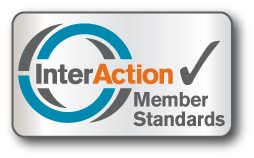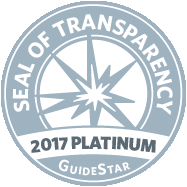Gearing up to Celebrate International Menstrual Hygiene Day Despite COVID-19 Hurdles
Betelihem Tadewos, 16 year-old Peer Educator with 3 years of training in MHM peer-to-peer groups.
As the COVID-19 pandemic affects all areas of our work, our pad distribution initiative for primary and secondary schools in South-western Ethiopia is no exception. After successfully distributing pads and giving menstrual health training to 600 students in 2018 and 2019, it is our goal to match and even increase this number for the year of 2020 in addition to building menstrual hygiene management (MHM) friendly spaces in schools. Our team was able to distribute pads to 430 girls right before COVID hit in Ethiopia and schools officially closed. As we restrategize on how to get the rest of our pads distributed in light of COVID, we continue to work on the construction of an MHM room and an MHM friendly latrine. So, in light of the upcoming MHM day on May 28th, we want to celebrate the young girls of our MHM and peer-to-peer groups. Watching these girls find courage and empowerment through our MHM programming and resources is the very reason we continue to do the work we do. May we all strive for a world where menstruation is destigmatized and no longer a barrier to education and access for young girls.
Photo credit: Martha Tadesse (@Marthinolly)
Betelihem leading a discussion in one of our peer to peer groups.









